Spoiler alert, there isn’t likely to be an answer to my headline question, but let’s talk about it anyway. This post was inspired by this article I read on Vine Pair, in which Buffalo Wild Wings is hyped for selling a lot of craft beer and even baking that into its strategy in a way that has really paid off.
The case for friend
From the article:
“Beer has always been part of the Buffalo Wild Wings brand heritage, and as the beer industry has evolved, Buffalo Wild Wings has made a conscious effort to evolve with it,” explains Andrea Benzschawel, director of beverage. “As a draft beer authority, it’s our job to constantly be on the cutting edge of the latest trends, introducing our guests to new and unique styles of beer that help them up their beer game.”
Since 2013, the chain has sold more draft beer than any other in the country, and the fact that it’s focused on providing so many tap options is obviously a win, not just for off-premise sales, but for helping to change the greater narrative of what beer is, for the average drinker. This is an idea we’ve brought up a bunch, but franchises focusing on beer variety, even if it’s a faux variety that’s largely Big Beer “craft” brands, while annoying, still promotes brand disloyalty and experimentation and a shift toward quality over blandness.
And it’s encouraging that this strategy isn’t ideological, but economical. The customer is wanting craft beer, so B-Dubs is providing it.
While the chicken wing chain has struggled in the past to exceed or even meet same-store sales, during the third quarter of last year, Motley Fool reports, the stock rebounded 20 percent from recent lows. The company attributed that bounce to one thing: craft beer. You can expect a lot more cool craft beer collabs in the future, thanks to the fact that 20 percent of the chain’s $2 billion in sales traditionally comes from booze; the success of past partnerships is directly reflected in the stock price.
That case for foe
This was alluded to in our case for it being a friend, but some of the big craft beers mentioned to bolster this argument in the article aren’t considered craft beers by the Brewers Association definition any longer.
… though B-Dubs is a chain, its turn to craft beer has it indulging in the hyper-local. In addition to Bud Light and Stella Artois (yep, they are still there), visitors will find the best and most diverse examples of craft beer anywhere within 50 miles. In Brooklyn, Ohio, for example, Great Lakes Dortmunder Gold, Goose Island Greenline Pale Ale, and Rogue Brutal IPA Cask are all currently on tap.
The chain’s collaborations with Red Hook and Lagunitas are also cited in the article.
So, while we are generally believers that promoting variety on this wide of a scale is still ultimately a win, that it’s mostly a theoretical, intangible argument. Tangibly, big time brands are being sold under the guise of being regional craft beers to some consumers. There is an uneasiness in realizing that an article hyping the craft beer sales success of a chain would include a macro brand like Goose Island and Red Hook in its argument. That blurred line will continue to blur as AB-InBev buys up more craft brands, ships them all over and dominates as many tap handles as it can, while still allowing a Buffalo Wild Wings to tout its “craft beer” sales.
We in the craft beer world can come up with all of the definitions we want, but if big chains and big brands do a good enough job in branding themselves as craft and satisfying that need for quality and variety, there isn’t a ton to be done about it.
So, do you have an answer, jerk?
I already said I don’t! I think the answer is just in the middle somewhere, at least right now. I mean, a national chain devoting a portion of its taps to Big Beer brands is not some new concept — it was the only way of the world for decades. But despite the broadening of those crafty portfolios, that sea change is there. Ten years ago, no chain the size of a Buffalo Wild Wings would say something like this:
A portion of the company’s draft lines are national and international, but each store will have some local, or at least regional, taps, guaranteed, Benzschawel says.
And they are saying it because the dollars and interest are there on behalf of consumers. The craft beer industry has broken through in a big way and made this just good business on their part. Whether Beer Voltron is able to somehow still ruin this all for everyone remains to be seen, but I will continue to bet against it.
But those are just my musings. I just read things and write questions in headlines. As a craft brewer, you might have a stronger opinion on one side or the other — and if so, I’d love to hear it.

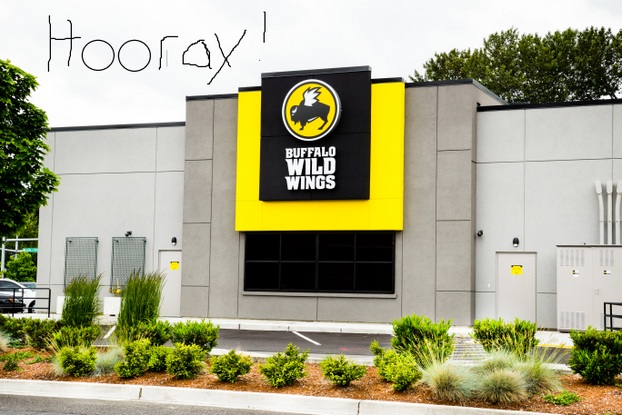
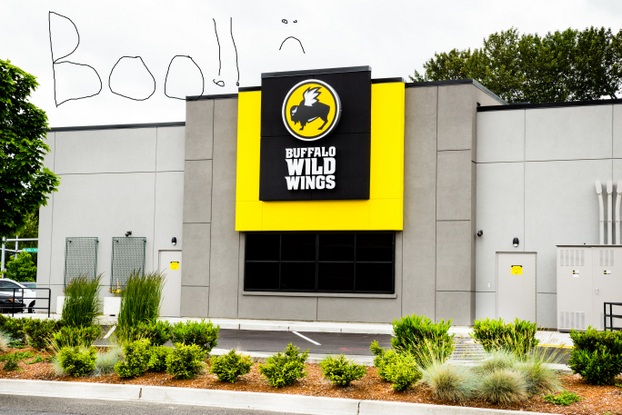
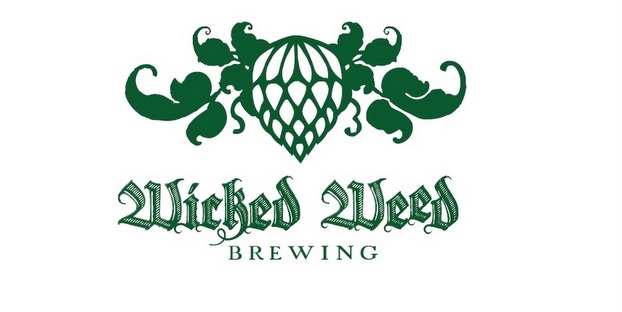
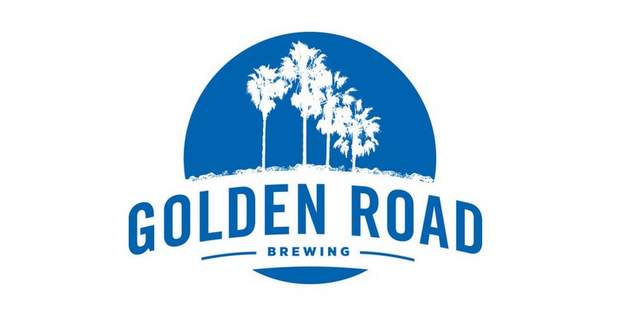
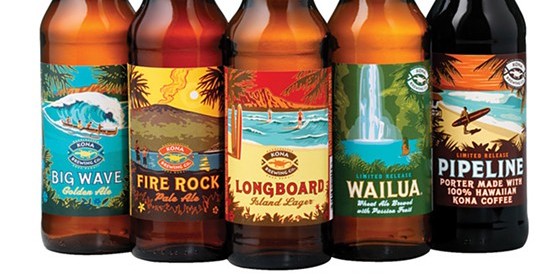
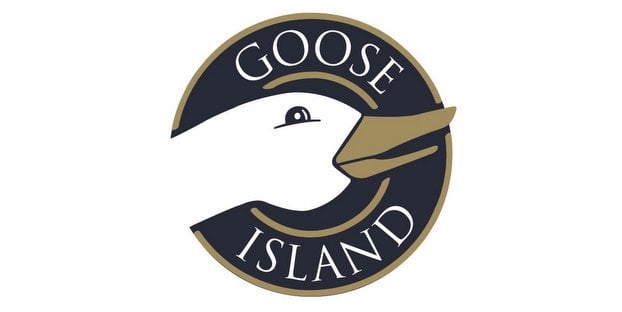
Leave a Reply
You must be logged in to post a comment.